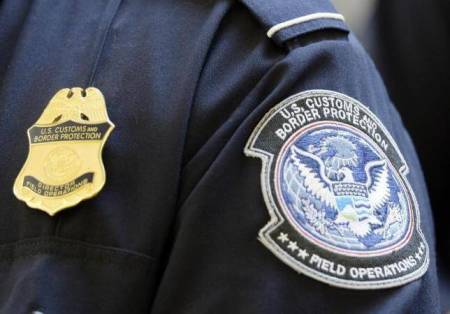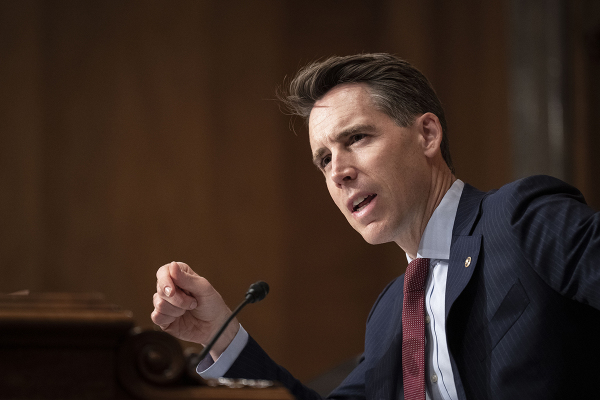Could Paris, Cologne Terror Attacks Happen in America? (Pt. 2)

Weiss explained that the situation in the U.S. is very different, and that the American government enforces tighter border patrol policies.
George agrees that the U.S. system is indeed much stricter.
"The United States reviews refugees for resettlement before they arrive in the United States. This review checks their identity, determines that they qualify as a refugee under international and U.S. law (meaning they have a well-founded fear of persecution based on race, religion, nationality, political opinion, or social group), and requires them to pass both security and medical checks," the USCIRF chairman explained.
"The U.S. review process alone takes between 18 and 24 months, and even before that, UNHCR reviews these individuals, and this review also takes months if not years."
Given that many of the victims of terrorism in Syria and the surrounding region come from Christian and other religious minority backgrounds, the USCIRF has called for the U.S. to prioritize resettlement based on a person's vulnerability.
George said that the biggest challenge in safeguarding minorities and majorities from terrorism comes in the form of defeating the terror groups themselves, and the ideologies that motivate them.
"USCIRF strongly believes that promoting religious freedom must play a part in this effort. Respect for religious freedom and other human rights – and for religious, cultural, and ethnic diversity – matters greatly. It is important not just for humanitarian reasons, but as an antidote to the instability and conflict responsible for the refugee crisis. As studies confirm, protection of these rights is correlated with more harmony and stability, and less extremism, within nations," George said.
"Another challenge is for nations, including the U.S., to recognize their responsibility to protect the persecuted and take actions that reflect this recognition," he added.
As for the question of whether the U.S. should raise the ceiling in terms of the number of refugees allowed into the country to 100,000, both Fratzke and George agreed that the capacity exists to potentially welcome in even more refugees through the resettlement program.
"With the number of refugees throughout the world at a record level, countries like the U.S. that are farther from some of the direct effects of conflict and violence have a responsibility (and a self-interest) in helping to address displacement and bring refugee situations to an end," Fratzke said.
She also pointed out that resettlement to the U.S. happens in addition to spontaneous arrivals through the asylum system, and so the government takes an additional 70,000 - 100,000 refugees per year directly from Kenya, Thailand, and elsewhere, in addition to those who make it to America on their own.
George argued that the world is facing the worst humanitarian crisis since World War II, noting UNHCR numbers that state that close to 60 million people were displaced globally at the end of 2014. This has placed tremendous strain on other countries hosting refugees, such as Turkey that has welcomed in 2.5 million Syrian refugees, or Lebanon, which only has a population of 4 million people, yet has taken in more than 1 million refugees.
USCIRF has said that the U.S. needs to do more to help in the crisis, and recommended that the resettlement ceiling be increased to at least 100,000.
George said it is important to ensure the nation's security as well, in light of dangers from terror groups like ISIS, but underscored that individuals seeking resettlement as refugees are among "the most carefully vetted people to enter our country."
"Even with the U.S. raising the refugee ceiling, resettlement can help only a small percentage of the world's refugees. It therefore is vital that the United States and other countries continue, and increase, humanitarian aid to refugees in their countries of first asylum and development aid to the communities hosting them," he added.
"The United States and the international community also need to redouble their efforts to resolve the conflicts that are driving displacement: that is the only permanent solution to these problems."





















